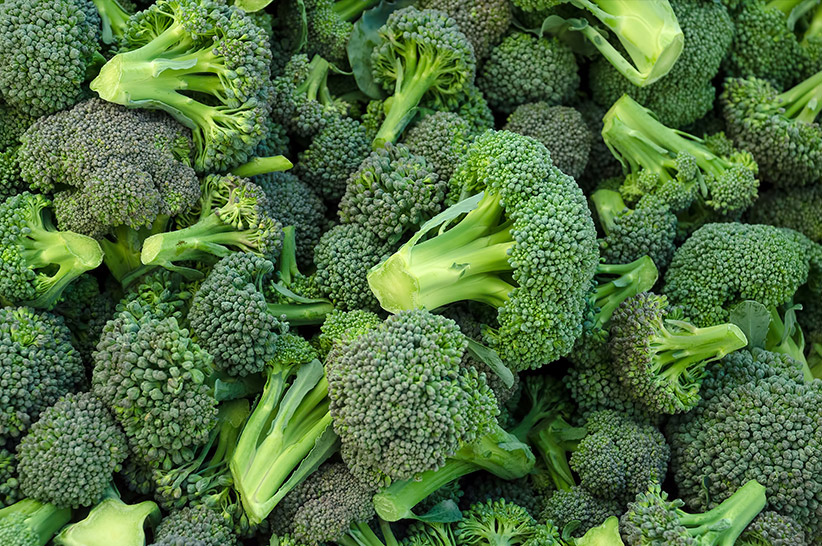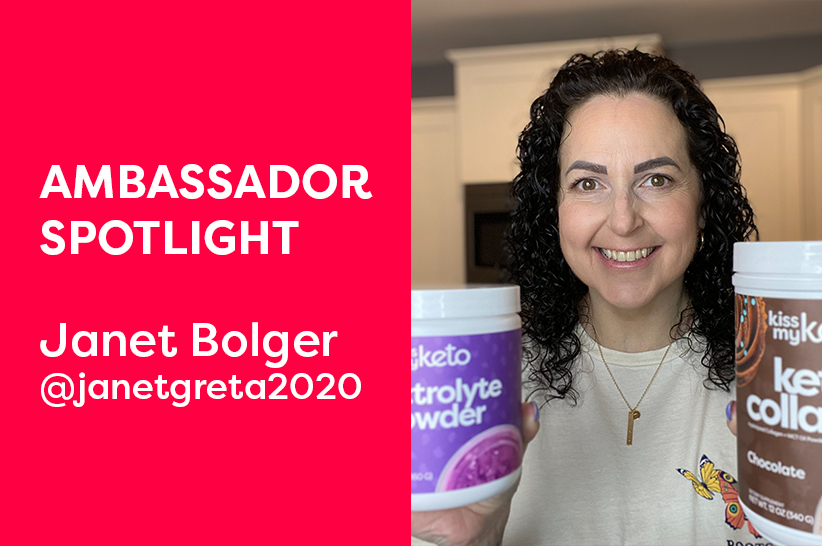Broccoli is a low-carb vegetable providing only 3.5g net carbs per cup (91g). Besides being low in carbs, broccoli is rich in fiber and dense in key nutrients. All this makes it an ideal choice on a ketogenic or other low-carb diet.
However, the exact amount of carbs and other nutrients in broccoli varies depending on preparation method. Besides nutrients, broccoli also contains compounds that can contribute to good health on a keto diet.
How Many Carbs in Broccoli?
Broccoli is a vegetable from the cabbage family, which are know to generally be low in carbohydrates. Broccoli is almost 90% water and just around 4% of it is digestible carbohydrate 1. How many carbs in weight you’ll get from broccoli depends on serving size.
Generally speaking, a serving of raw broccoli is around 1 cup of chopped produce or 91g. This amount provides 3.5g net carbs (digestible carbs) and 2.4g fiber (indigestible carbs). However, most people consume more than that, and according to Nutrition Labeling and Education Act (NLEA), a serving of broccoli is 148g 1. This amount will give you around 6g net carbs, which is still pretty low.
Broccoli has two main types of carbohydrates: sugar and fiber. The sugars in broccoli are of the simple type and include glucose, fructose, and sucrose. While simple sugars raise blood glucose quicker than many types of complex carbs, the amounts found in broccoli are too low to lead to blood glucose spikes, and the fiber in broccoli helps slow down carb digestion. This all leads to broccoli having a low glycemic index of 10.
How Many Calories in Broccoli?
Since broccoli is low in carbs but also fat and protein, it provides few calories. There are only 30 calories in 1 cup raw broccoli or 50 calories in a 148g serving of broccoli. Broccoli’s low-calorie count make it an ideal weight-loss food. It also makes broccoli a great side dish that won’t add any extra and unnecessary calories to a meal.
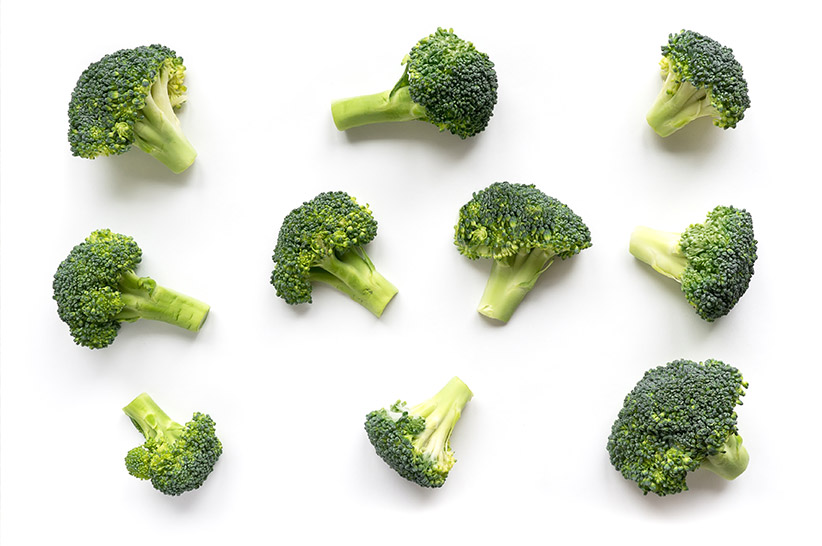
It’s important to keep in mind that research shows calorie counting to be ineffective for weight loss 2. Weight loss depends on many other things such as metabolic health and activity levels. Broccoli, while being low in calories, can help you lose weight but only if you take other factors into consideration.
Nutritional Value of Broccoli
Broccoli definitely packs a punch when it comes to nutrients. It’s one of the highest ranking foods in terms of nutrient density 3. A cup of raw produce will give you well above your daily value (DV) for vitamin C and vitamin K. Broccoli is also one of the best sources of folate (14% DV), a nutrient of great importance for women of childbearing age.
Other nutrients found in broccoli include vitamin A (11% DV), vitamin B6 (8% DV), potassium (8% DV), and manganese (10% DV). Broccoli provides almost all other vitamins and minerals but in small amounts. Besides that, broccoli is a good source of fiber, with one cup providing 9% DV for this important indigestible carbohydrate. The same serving of broccoli will give you 2.6g of protein. Broccoli contains less than 1% fat.
| Nutrition Info: 1 Cup Broccoli (91g) |
| Calories 30 |
| Total Carbohydrates 6g |
| Fiber 2.4g |
| Protein 2.6g |
| Total Fat 0.3g |
| Vitamin C 81.2mg |
| Vitamin B6 0.2mg |
| Folate 57.3mcg |
| Vitamin A 567 IU |
| Manganese 0.2mg |
| Selenium 975mcg |
Can You Eat Broccoli on The Keto Diet?
You can and you should eat broccoli on a keto diet.
It’s one of the most commonly recommended low-carb vegetables for keto. You can freely enjoy a hefty serving of broccoli on a daily without going overboard on carbohydrates. Besides that, broccoli will give you fiber, vitamin C, and antioxidants, which are otherwise difficult to obtain on a keto diet.
Still, you will want to be careful when adding broccoli to your weekly keto meal plan. It’s easy to go overboard with carbs even with very low-carb vegetables like cucumbers if you don’t calculate your macros. Make sure to use dieting apps to keep track of your nutrients intake.
Health Benefits of Broccoli
Adding broccoli to your keto diet also comes with unique health benefits. Many consider broccoli a superfood, and for good reason. There is a huge number of studies confirming that eating broccoli helps prevent diseases and improve health. Below are just a couple of notable examples.
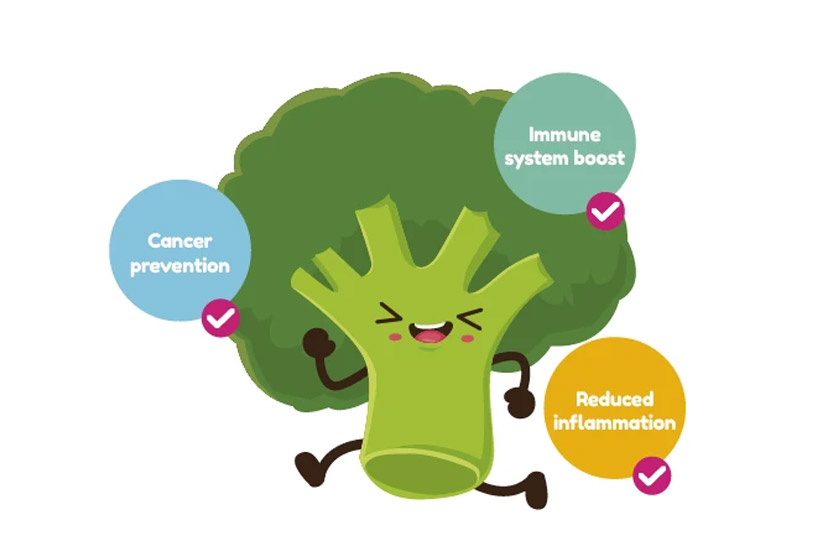
1. Cancer prevention
Broccoli contains phenolics, a class of chemical compounds with strong antioxidant activity. Studies show that phenolics are especially concentrated in broccoli stems and leaves and that they kill cancer cells 4.
2. Immune system boost
Broccoli is rich in vitamin C, a nutrient that plays a big role in innate and adaptive immunity. Besides that, studies found that a compound called sulforaphane improves immune system functioning in a way that prevents cancer 5.
3. Reduced inflammation
Chronic low-grade inflammation is a common cause and symptom of diseases such as diabetes, cardiovascular disease, and obesity. Broccoli contains anti-inflammatory compounds called lipopolysaccharide that can help ameliorate inflammation in these diseases 6.
Other health benefits of regular broccoli consumption include improved gut health, better blood glucose levels, and a healthier body weight.
How to Eat Broccoli on Keto?
You should eat broccoli regularly on keto, at least 3 times a week. However, how you prepare broccoli also matters. Not that the preparation method will have any effect on your keto diet success. It’s that preparing broccoli the right way boosts its nutritional profile. Here is what researchers say about the best way to prepare broccoli:
1. Keep the stems and leaves
If you’re buying fresh broccoli, don’t throw away the stem and leaves since this is where most of its health-promoting compounds are found. Broccoli stems take a bit longer to cook than florets, so do cook them first. The leaves are great in smoothies, soups, salads, and gratins.
2. Buy it fresh
Freezing reduces the nutritional value of broccoli significantly. This is especially the case with water-soluble vitamins in broccoli such as vitamin C, B vitamins, and even some minerals. When buying fresh broccoli, choose bunches with a vibrant green color and look for any signs of discoloration (yellowing or browning).
3. Steam it
Numerous studies found that steaming broccoli preserves much of its nutrients and antioxidants 7, 8. Boiling and stir-frying leads to greatest nutrient loss in broccoli. Optionally, you can also microwave broccoli if you want to keep its nutrients. However, other cooking methods also reduce sugars in broccoli, which is good news if you’re on a keto diet.
Takeaways
- At less than 4g net carbs per serving, broccoli is definitely a vegetable suitable for low-carb and ketogenic diets.
- Besides being low in carbs, broccoli is also low in calories but rich in important nutrients.
- Researchers found that broccoli contains powerful antioxidant and anti-inflammatory compounds, some of which can even prevent cancer.
- To get the most out of your broccoli, it’s best to steam it or cook it in the microwave.


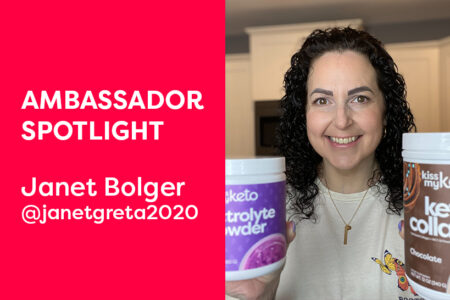

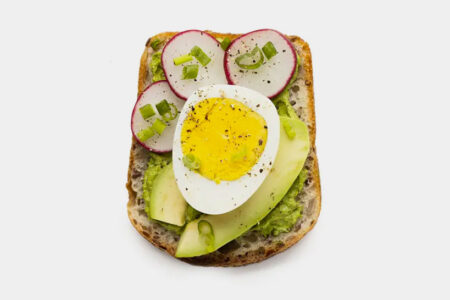
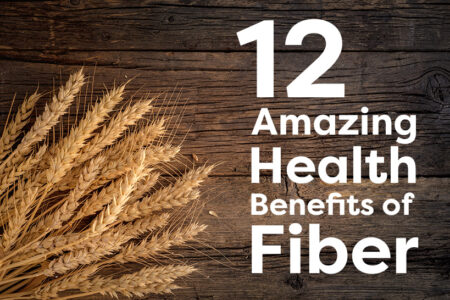
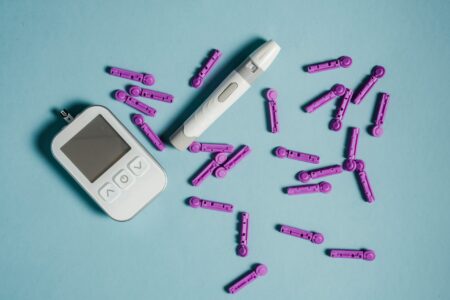

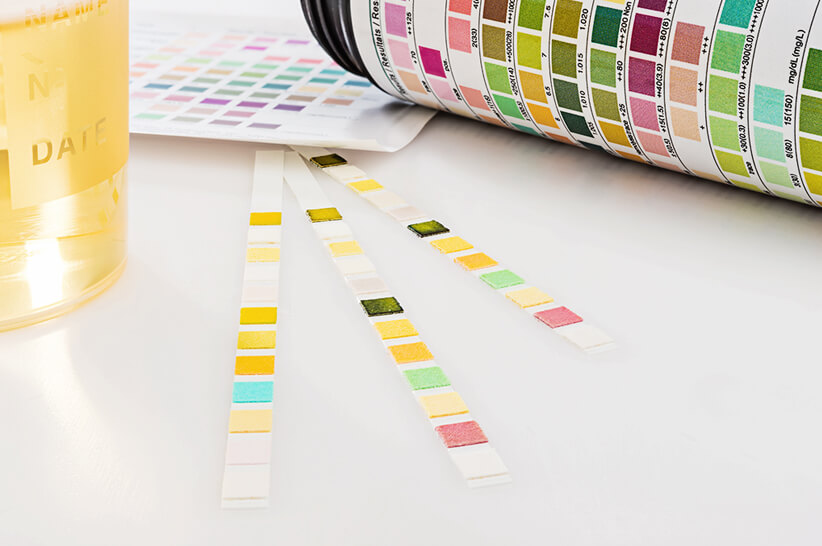
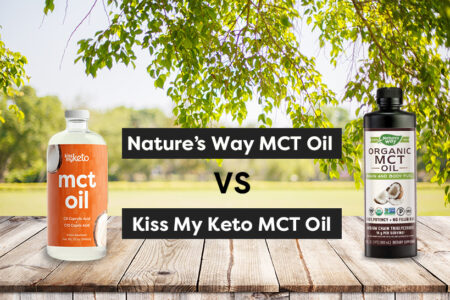
![Juicing for Weight Loss: Everything You Need to Know [Plus Recipes]](/wp-content/uploads/2019/08/Juicing-for-Weight-featured-image.jpg)






